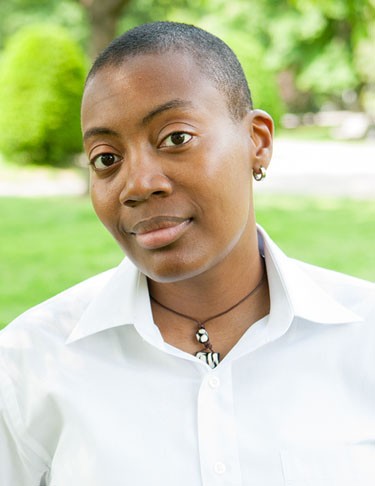
At the University of Nebraska, we’re always asking ourselves what we can do to become a more inclusive community. There’s no more important priority than making sure we all have a safe and welcoming environment in which to learn and work.
We can be proud of our efforts to live our values of respect and dignity for all. At the same time, we know we can do better. With that in mind, the University of Nebraska is hosting a series of presentations this fall focused on achieving Inclusive Excellence across our campuses. The first was “Unconscious Bias in Higher Education.” Unconscious bias refers to stereotypes—both positive and negative—that exist in our subconscious and affect our behavior. Everyone is susceptible to these unconscious attitudes that affect our judgment and daily decision-making. The presentation was given by the Kirwan Institute for the Study of Race and Ethnicity.
On Sept. 19, the Kirwan presenters featured the article "Language of Appeasement," posted on Inside Higher Ed on March 30, 2017. Author Dafina-Lazarus Stewart contends that by substituting diversity and inclusion rhetoric for transformative efforts to promote equity and justice, colleges have avoided recognizable institutional change. Stewart examines how historically white colleges and universities engage in a politics of appeasement instead of a true liberal education.
We encourage you to take a look, in particular, at the "Diversity and Inclusion vs. Equity and Social Justice" section of this article by Stewart. Diversity and inclusion rhetoric asks fundamentally different questions and is concerned with fundamentally different issues than efforts seeking equity and justice. These questions can help us all to identify our implicit biases and pursue real change.
Read More:
https://www.insidehighered.com/views/2017/03/30/colleges-need-language-shift-not-one-you-think-essay